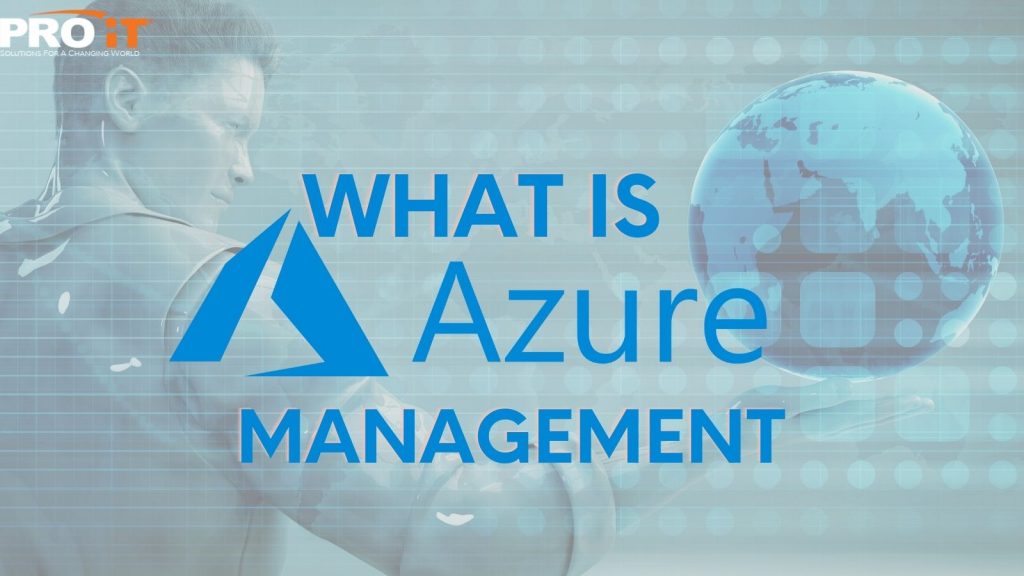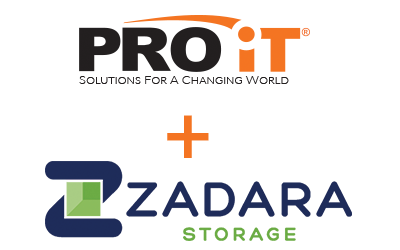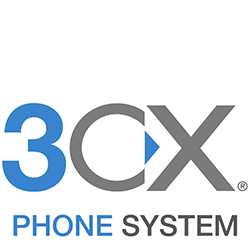A public cloud is one based on the standard cloud computing model, in which a service provider makes resources, such as virtual machines, applications or storage, available to the general public over the internet. Public cloud services may be free or offered on a pay-per-usage model.
It reduces the need for organizations to invest in and maintain their own on-premises IT resources. Public cloud storage is typically redundant, using multiple data centers and careful replication of file versions. This characteristic has given it a reputation for resiliency.
Public clouds bring together greater levels of resource and so can benefit from the largest economies of scale. The centralised operation and management of the underlying resources is shared across all of the subsequent cloud services whilst components, such as servers, require less bespoke configuration.
Public cloud services often employ a pay-as-you-go charging model, whereby the consumer will be able to access the resource they need, when they need it, and then only pay for what they use. The sheer number of servers and networks involved in creating a public cloud and the redundancy configurations means that, should one physical component fail, the cloud service would still run unaffected on the remaining components.
PRO IT’s Public Cloud flexibility with private cloud confidence, with the ability to integrate with legacy infrastructure & other clouds across the globe. As a leader in Managed Services for public cloud infrastructure, here at PRO IT we deliver unbiased guidance on best-fit cloud solutions to organizations around the globe.
We go beyond simple migration assistance and infrastructure management with multi-cloud managed services, professional services and managed application services to enable true digital transformation.



























































